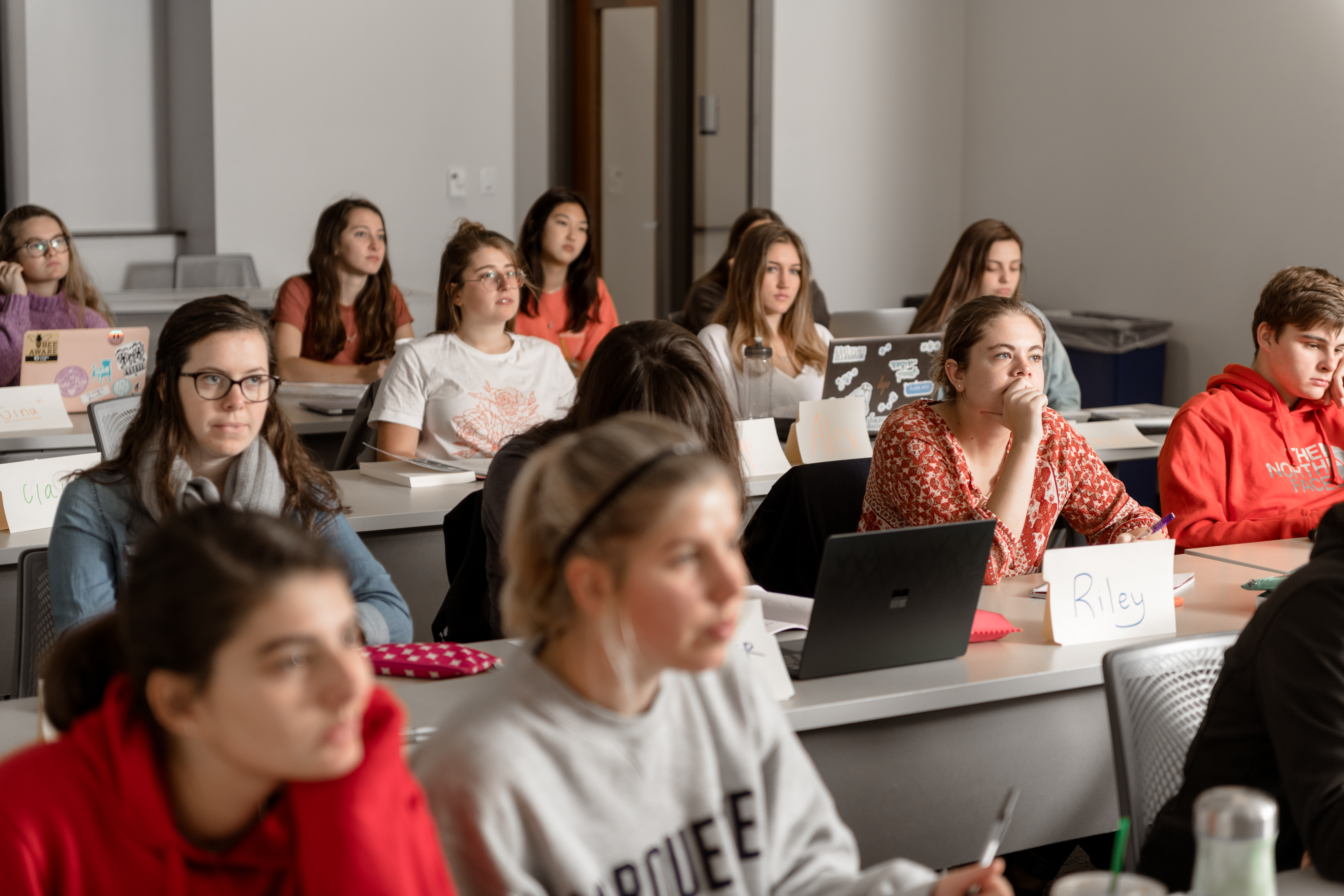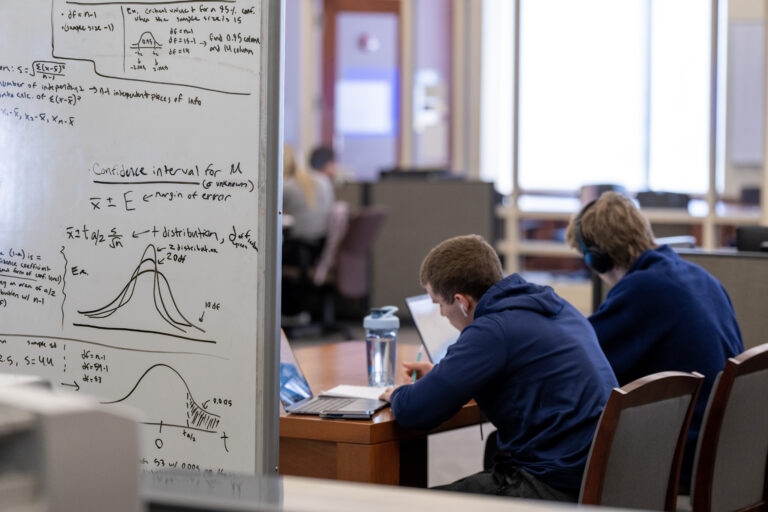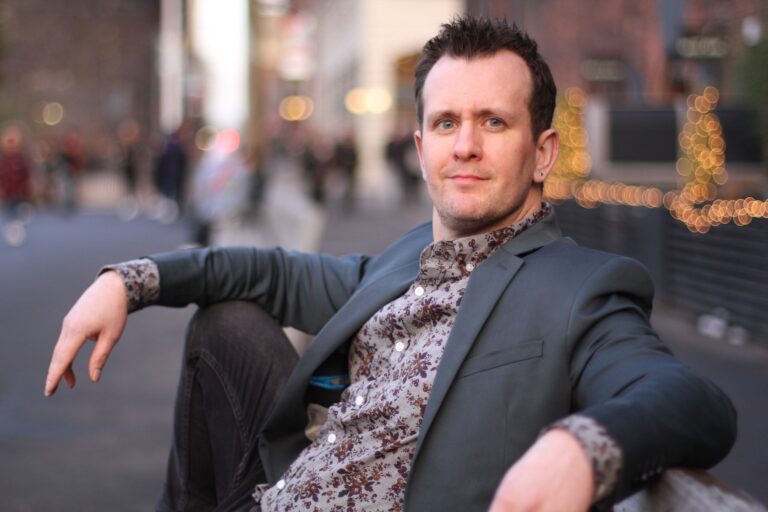Paul A. Gómez is the head of global public affairs and communications at apparel giant lululemon, though his undergraduate degree did not focus on communication, business or fashion.
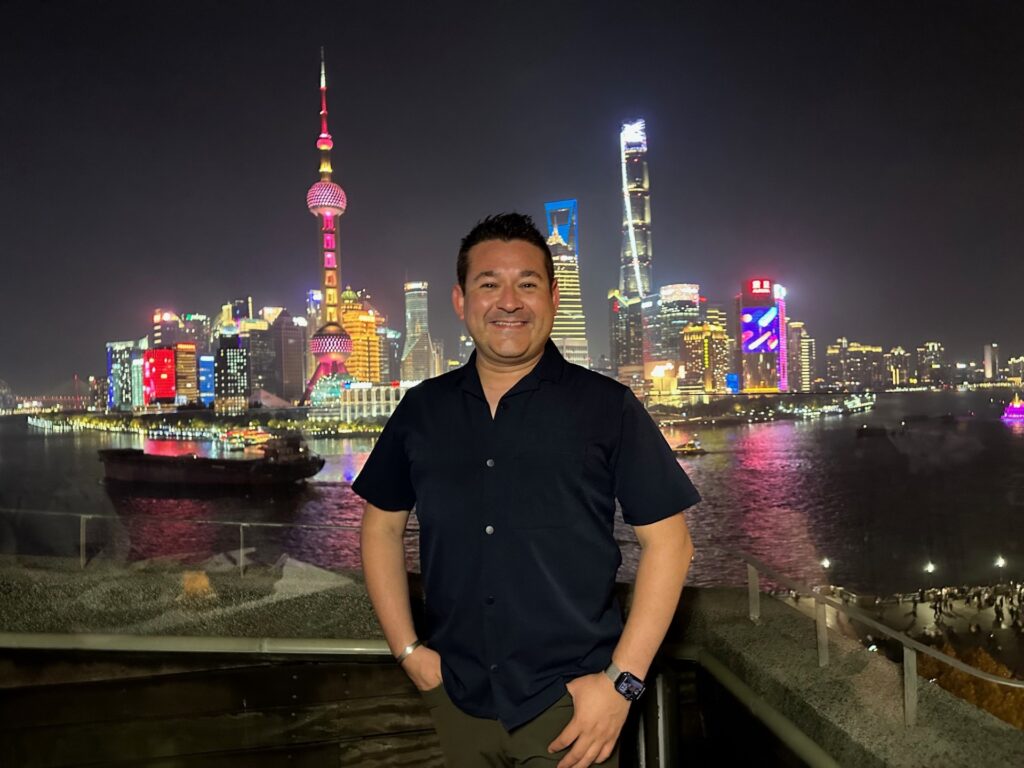
The 2003 Marquette University alumnus graduated from the Klingler College of Arts and Sciences with a double major in theology and political science.
Since then, his liberal arts education has taken him from his high school alma mater, Loyola High School of Los Angeles, where he served as project manager of campus ministry and teacher of theology and history to Fortune 500 companies and the halls of Congress.
“A liberal arts education offers the opportunity to have a world perspective that you can continuously build upon,” Gómez explains. “My advice to parents and students would be to dabble in different subject matters until you find something that you are passionate about.”
When Gómez is looking for a conversation starter, bringing up his background in theology and political science usually does the trick.
“One older politician early in my career said to me, ‘My granddaddy always told us, never talk politics or religion to people as it will never end well, and here you are majoring in both,’” Gómez recalls. “I remember responding to him saying, ‘Sir, when entering the halls of Congress, you don’t check your faith, ideals or beliefs at the door — they are an embodiment of who you are and what makes you an individual.’”
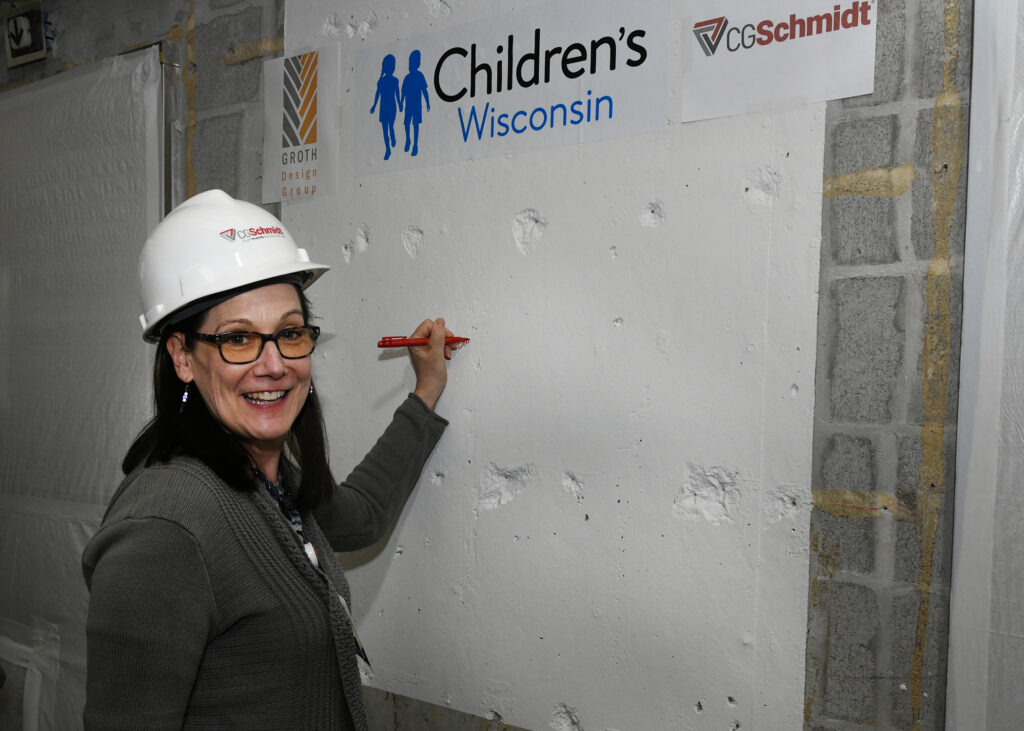
Fellow Klingler College of Arts and Sciences graduate Dr. Cheryl Brosig Soto also attributes her undergraduate years at Marquette for creating a solid foundation that she continues to build upon today. The 1990 alumna spends these days as a professor and chief of pediatric psychology and developmental medicine at the Medical College of Wisconsin/Children’s Wisconsin, where she leads a multidisciplinary team of approximately 40 faculty and staff, including pediatricians, psychologists and advanced practice providers who provide clinical care to patients with developmental, emotional and behavioral needs.
“My psychology degree and my Marquette experience provided me the opportunity to be exposed to new ideas and new people,” Brosig Soto says. “As an undergraduate student, I was able to work as a research assistant for one of the psychology faculty, which gave me a glimpse into the different things I could do with a psychology degree. Now that I’m in a leadership position, I feel passionate about mentoring and providing opportunities for students. The Marquette tagline ‘Be The Difference’ resonates with the work that I do every day.”
Education grounded in the Catholic, Jesuit tradition
The center of every Marquette undergraduate student’s educational experience is the Marquette Core Curriculum, which provides the personally transformative studies that have been a hallmark of Jesuit education since the sixteenth century.
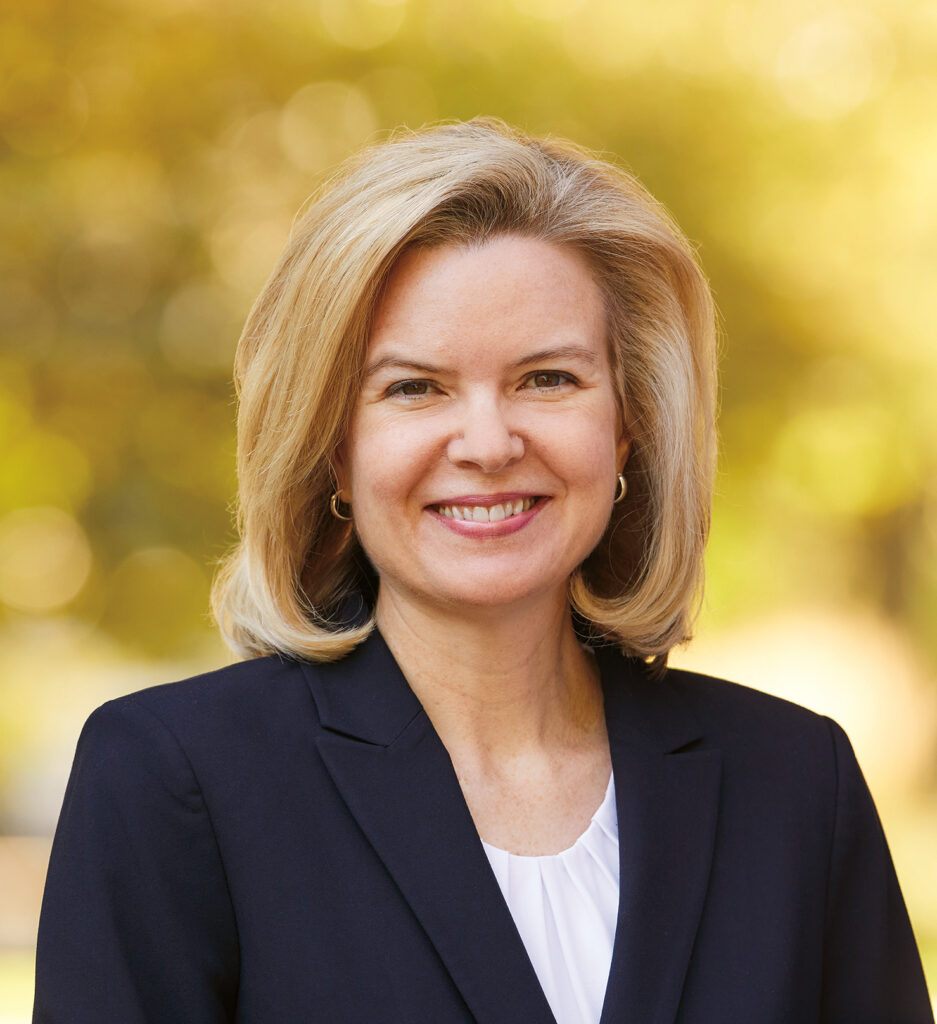
Dr. Heidi Bostic, dean of the Klingler College of Arts and Sciences which teaches the majority of courses in the MCC, says Marquette is proud of its strong liberal arts education where arts and sciences students learn how to think, not what to think, so that they can be well-rounded servant leaders who transform their fields, our society and the world.
She adds that the liberal arts give students a more expansive, flexible, deeper sense of what’s possible all while preparing them with marketable skills that are desirable for future employers.
“Students develop skills that include thinking, flexibility, dealing with ambiguity, ethics, writing and speaking,” Bostic explains. “The world is changing rapidly. The career you start with may or may not be what you’ll be doing in 10 years. Doing something that develops all aspects of yourself as a person allows you to learn new skills competently and assess new situations from a big-picture perspective.”
Brosig Soto agrees and can attest to how a major in the liberal arts can provide a solid foundation for any number of careers.
“A liberal arts major gives you a broader perspective of the world and teaches problem-solving, writing and communication skills that can apply to any setting,” Brosig Soto says. “Although I may not have always appreciated the value of some of the courses I was required to take, I really see the value of them now and sometimes wish I could take them over again now that I have more world experience.”
With more than 40 majors across 14 departments to choose from, students in the College of Arts & Sciences have myriad opportunities to participate in immersive learning experiences with an emphasis on engaging with the world around them. It also affords them the flexibility to try a program first or study multiple disciplines at the same time.
“Time and again, I have witnessed the power of a liberal arts education to transform lives. Students go on to flourish in work, life and civic engagement,” Bostic says. “For me, studying other languages and cultures opened doors to live, study and work in French-speaking and Spanish-speaking countries and cultures. One cannot overstate the power of engaging in a context through the lens of another language and culture. You witness the ways in which people live so differently, and yet what unites us all.”
